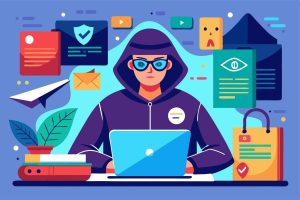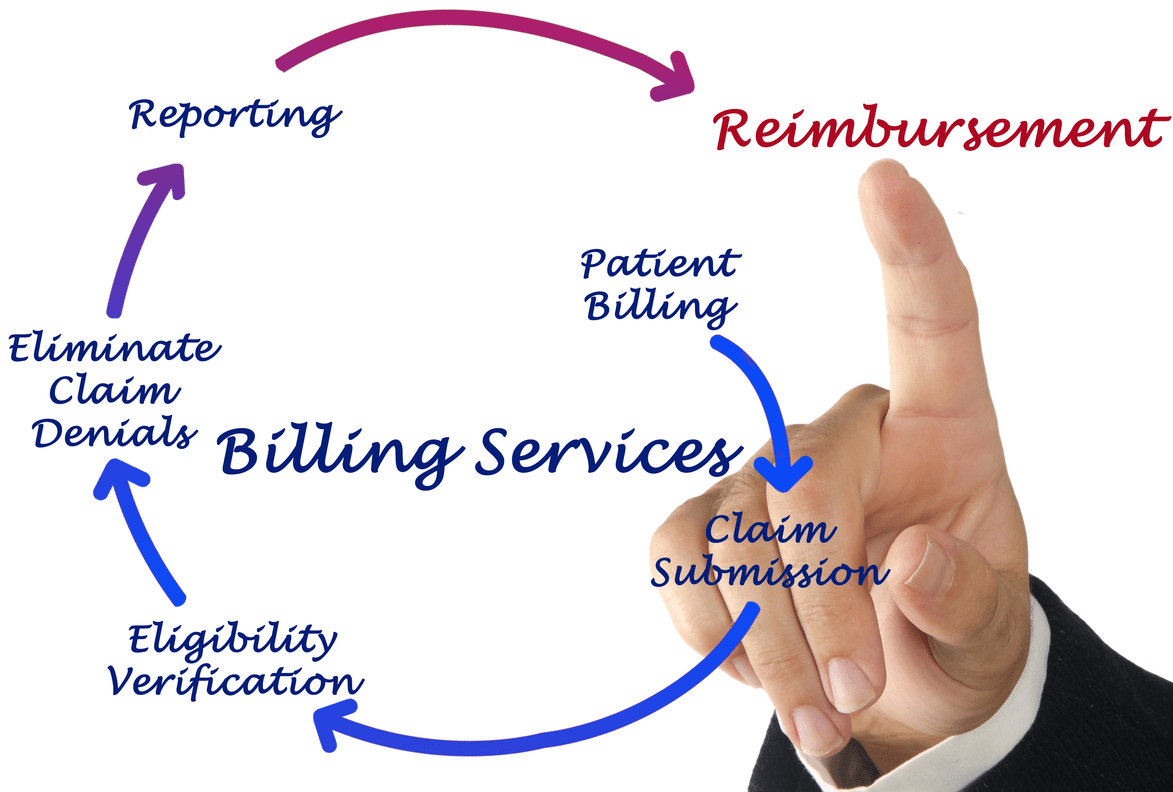Content Attributes
All of us at least once in our lives might have heard or read about virtual private numbers also known as VPN. But what is VPN? How does it work? Is it safe for you to use a VPN? In this blog, we will try to answer your question.
What is VPN?
A virtual private network (VPN) is programming that establishes a safe and encrypted connection. Generally, it is used in a network that is less secured like a public internet. It employs a tunneling protocol for encrypting data at the sending end and decrypting it at the receiving end. The originating and receiving network addresses are also encrypted to offer better security for online operations.
It can also be used to render remote employees, gig economy freelance workers, and business travelers with access to software apps hosted on the host network. In order to get access to blocked resources via a VPN, the user should be authorized to use the virtual private network app. They should also offer one or more authentication factors. These factors can be security tokens, passwords, or biometric data.
Typically, VPN apps are used to secure data transmissions on mobile devices. They can also be used to visit websites that are blocked by location or internet providers corpus christi. However, secure access using a mobile VPN mustn’t be confused with private browsing. Private browsing does not contain encryption; it is simply another optional browser setting that secures identifiable user data from being collected.
How does a VPN work?
At the basic level, VPN tunneling establishes a point-to-point connection that cannot be accessed by unauthorized users. To create a tunnel, the endpoint device must run a VPN client locally or in the cloud. The client runs in the background. It is not noticeable to the end user, till there are performance issues.
The performance can be influenced by several factors such as the speed of users’ internet connections, the protocol types an internet service provider might use, and the type of encryption it uses. In an organization, performance can also be disturbed by the poor quality of service outside the control of a company’s IT department.
VPN protocols
VPN protocols assure an appropriate level of security to connected systems when the underlying network infrastructure alone cannot offer it. There are various protocols used to protect and encrypt users’ and corporate data. They include.
• Secure Sockets Layer and Transport Layer Security
• Layer 2 Tunneling Protocol
• IP security • OpenVPN
Types of VPNs:
Network administrators have different options when it comes to deploying
a VPN. They include:
• Remote access VPN
• Site-to-site VPN
• Hardware VPN
• Mobile VPN
• VPN appliance
• Dynamic multipoint virtual private network • VPN Reconnect
Are all VPNs safe to use?
VPN as technology is safe to use, but not all VPNs are safe. Primarily, if you choose the right one, a VPN is 100% safe, but just because the service calls itself a VPN does not mean that it is safe. To learn whether or not VPNs are safe to use, we have to quickly run over what happens when you use one.

Basically, a VPN behaves as a middleman between you and the websites or services you visit. When you open a website, your VPN encrypts that information before it goes to the website. Apart from various benefits, this makes it safer to log into WordPress. In return, that website or service detects the VPN’s IP address rather than the actual IP address, which offers you anonymity.
It is important to understand that VPNs do not work in the same way as comprehensive antivirus software. While they will secure your IP address and encrypt your browsing history that is as much as they do. They will not keep you safe, for example, if you visit a phishing website or download compromised files. While using a VPN, you can still encounter:
• Bots
• Malware
• Trojans
• Viruses
• Spywares
If any of these were to make it on your laptop, mobile, or computer system, they are capable of damaging the device regardless of whether you are using a VPN. Hence, it is important that you use a VPN in an environment with powerful antivirus software, to ensure complete security.
Can you be tracked even with a VPN?
The answers to this question are both, yes and no. How you are being traced online has something to do with your IP address. The target server can only understand the location of the network infrastructure of your ISP, which in most cases, is the same locale where you reside. When it comes to tracking, most websites use highly sophisticated tools like cookies. They choose to monitor your activities on several apps or even identify your online behavioral pattern.
VPN services don’t have any means of control over certain things. In addition, your VPN service does what they call “logging.” When they help navigate your connection, a log of that request is stored in their server. This generally means that they can track and record your online activities. In this circumstance, using VPN services is just a matter of transforming who you put your trust in.
Conclusion
Layer One Networks provide the highest level of managed IT services and anonymity, helping you to secure yourself from unnecessary data leaks or third-party interference in your browsing. They protect your privacy and data whenever you are online, hence, you are free to browse, socialize, stream, shop, date, and much more. Transfer the data you prefer, safe in the knowledge that Layer One Networks is protecting your anonymity online.



